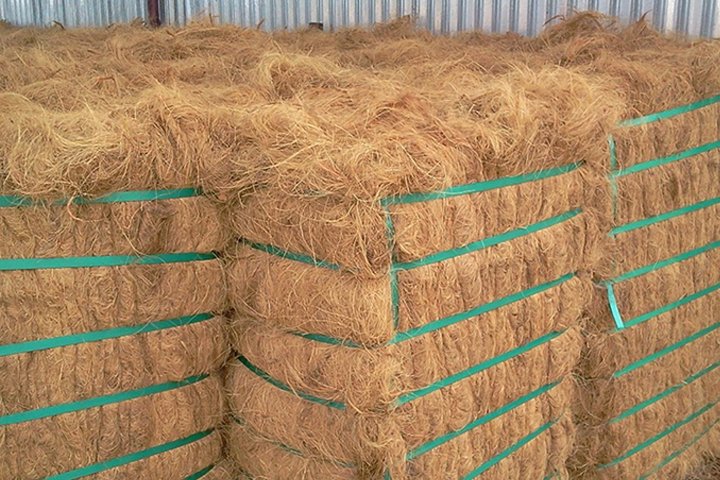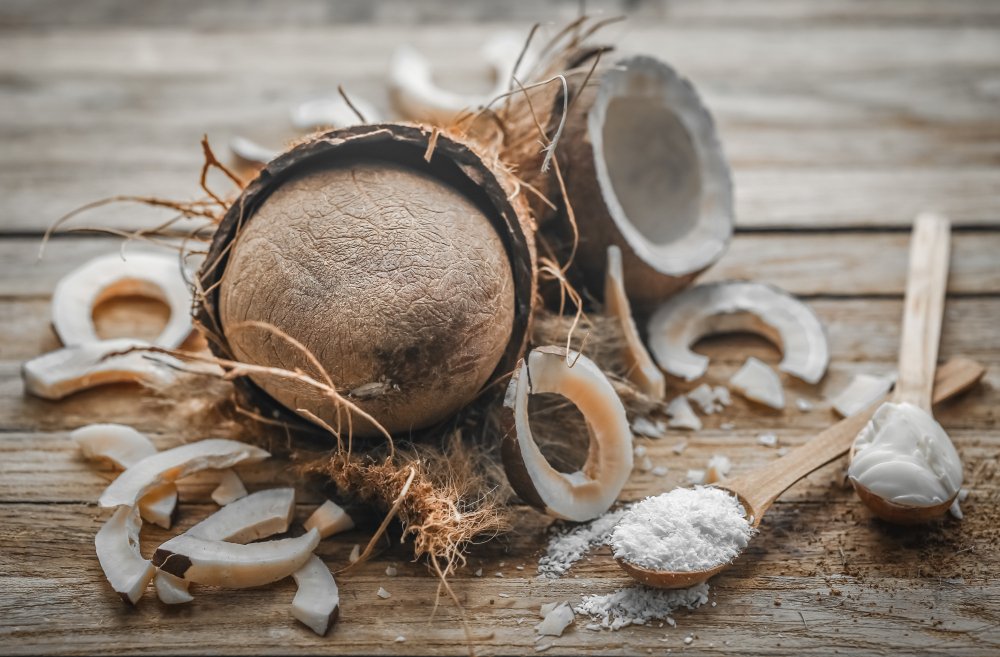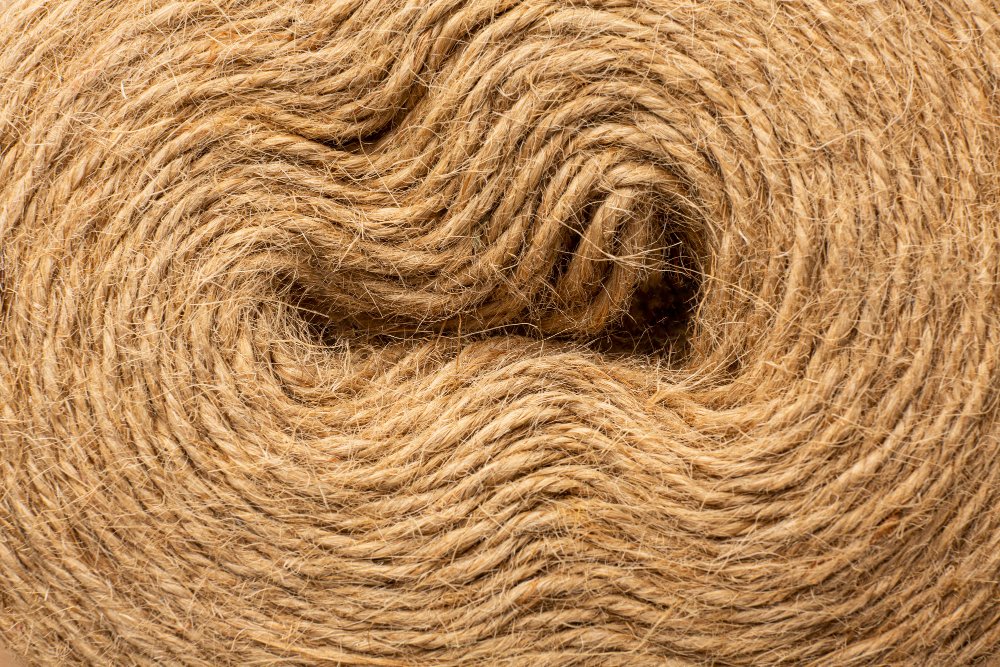In a world increasingly conscious of environmental impact, the search for sustainable alternatives is paramount. Our furniture choices, often overlooked, contribute significantly to deforestation and pollution. But what if we could furnish our homes with beautiful, durable pieces while actively contributing to a healthier planet? The answer, surprisingly, might lie in a humble tropical fruit: the coconut. Coconut fiber, a byproduct of the coconut industry, offers a remarkable opportunity to create eco-friendly furniture, blending natural beauty with sustainable practices. Let’s explore how this versatile material is revolutionizing the furniture industry.
The Eco-Friendly Choice: Coconut Fiber
Coconut fiber, also known as coir, is a natural fiber extracted from the husk of coconuts. Unlike many other materials used in furniture manufacturing, coir is a readily renewable resource. Millions of coconuts are harvested annually, and the husks, often discarded as waste, are now being repurposed to create a plethora of eco-friendly products, including furniture. This reduces landfill waste and minimizes the environmental impact of the coconut industry. The cultivation of coconuts requires minimal resources compared to the intensive farming practices associated with traditional wood harvesting. Furthermore, coir is biodegradable, meaning that at the end of its lifespan, it will decompose naturally, leaving behind minimal environmental footprint.
The production of coir involves minimal processing, reducing energy consumption and pollution. Unlike synthetic fibers, which rely heavily on petrochemicals and contribute to greenhouse gas emissions, coir is a completely natural product. This natural origin contributes to the overall sustainability of coconut fiber furniture, making it a guilt-free choice for environmentally conscious consumers. The process of transforming coir into furniture involves less energy and fewer harmful chemicals compared to conventional furniture manufacturing, further enhancing its eco-friendly credentials. Choosing coir furniture actively supports sustainable practices and reduces our reliance on unsustainable resources.
The use of coconut fiber in furniture actively contributes to a circular economy. By transforming a byproduct into a valuable product, we are reducing waste and maximizing the utilization of natural resources. This closed-loop system minimizes environmental impact across the entire lifecycle of the furniture, from production to disposal. Investing in coconut fiber furniture is not just a purchase; it’s a vote for responsible consumption and a commitment to a more sustainable future. It signifies a shift away from resource-intensive industries and towards a more environmentally conscious way of living.
Crafting Beauty, Sustainably
The inherent beauty of coconut fiber lends itself beautifully to furniture design. Its natural texture, ranging from coarse and rustic to finely woven and refined, offers a unique aesthetic appeal. The warm, earthy tones of coir create a welcoming and inviting atmosphere in any space. Whether used in its natural state or treated with natural dyes, coir offers a versatile palette for designers to explore, resulting in pieces that are both functional and visually stunning. This natural aesthetic complements various interior design styles, from minimalist to bohemian, offering a timeless and sophisticated look.
Coconut fiber’s versatility extends beyond its visual appeal. It can be woven into intricate patterns, molded into various shapes, and combined with other sustainable materials like bamboo or recycled wood to create truly unique and innovative furniture designs. This allows for a wide range of styles and functionalities, catering to diverse tastes and needs. The natural properties of coir also allow for creativity in design, enabling the incorporation of unique textures and patterns. This natural versatility makes coconut fiber furniture a standout choice for those seeking both style and sustainability.
The craftsmanship involved in creating coconut fiber furniture often involves traditional techniques passed down through generations, supporting local artisans and communities. This contributes to the social and economic sustainability of the industry, fostering a sense of community and preserving traditional skills. The creation of each piece is a testament to human ingenuity and the harmonious relationship between nature and design. Choosing coconut fiber furniture often means supporting ethical and sustainable production practices.
By opting for coconut fiber furniture, you’re not only supporting sustainable production but also contributing to the preservation of traditional craftsmanship. The intricate weaving and shaping of the coir often showcases the skills and artistry of local artisans, ensuring that each piece is a unique work of art. This supports local economies and preserves valuable cultural heritage, adding another layer of significance to your purchase.
Durable & Stylish Coconut Furniture
Coconut fiber furniture is surprisingly durable and long-lasting. While it might seem delicate at first glance, coir is surprisingly strong and resilient, capable of withstanding daily wear and tear. Its natural fibers are tightly interwoven, creating a sturdy and robust structure that can endure for years. Proper care and maintenance can further extend its lifespan, making it a worthwhile investment. Unlike some synthetic materials that degrade over time, coir furniture maintains its structural integrity, offering lasting value.
Beyond its durability, coconut fiber furniture offers a unique blend of style and comfort. The natural texture of coir provides a pleasant tactile experience, offering a comfortable seating surface that is both breathable and supportive. This makes it an ideal choice for furniture pieces such as chairs, sofas, and mats, where comfort is a primary concern. The natural breathability of coir also helps regulate temperature, making it a comfortable choice in various climates.
The inherent flexibility of coconut fiber allows for the creation of diverse furniture styles. From intricately woven chairs to robust outdoor furniture, coir adapts to a variety of design needs. Its natural resistance to moisture makes it a suitable choice for outdoor furniture, offering a durable and weather-resistant option for patios and gardens. This versatility ensures that coconut fiber furniture can seamlessly integrate into any living space, both indoors and outdoors.
The stylish aesthetics of coconut fiber furniture add a touch of natural elegance to any home. Its warm, earthy tones create a cozy and inviting atmosphere, while its unique textures add a touch of sophistication. Whether you prefer a rustic or modern aesthetic, coconut fiber offers a versatile material that complements various design styles. The natural beauty of the material itself often requires minimal embellishment, allowing the inherent charm of the coir to shine through.
Invest in a Greener Tomorrow
Choosing coconut fiber furniture is an investment in a greener tomorrow. It’s a conscious decision to reduce your environmental footprint and support sustainable practices. By opting for this eco-friendly alternative, you’re actively contributing to a more sustainable future, reducing deforestation and minimizing waste. It’s a small change that can have a significant impact on the planet.
By supporting businesses that utilize coconut fiber, you are encouraging the growth of a sustainable industry and promoting responsible resource management. This creates a positive ripple effect, encouraging other industries to adopt similar eco-friendly practices. Your choice directly influences the market demand for sustainable products, making a tangible contribution to environmental preservation.
The long-term cost savings associated with durable, long-lasting coconut fiber furniture should also be considered. While the initial cost might be slightly higher than some synthetic alternatives, the extended lifespan and reduced need for replacements translate into significant long-term savings. This makes it a financially responsible choice as well as an environmentally conscious one.
Investing in coconut fiber furniture is a tangible step towards a more sustainable future. It’s a statement of your commitment to environmental responsibility and a contribution to a healthier planet. It’s a choice that benefits not only you but also future generations, ensuring a more sustainable and beautiful world for all.
Coconut fiber furniture represents a significant step towards a more sustainable future in the furniture industry. Its eco-friendly nature, coupled with its durability, style, and versatility, makes it a compelling alternative to traditional materials. By choosing coconut fiber furniture, we can create beautiful, functional spaces while actively contributing to a healthier planet. Let’s embrace this sustainable solution and furnish our homes with pieces that reflect our commitment to a greener tomorrow.


